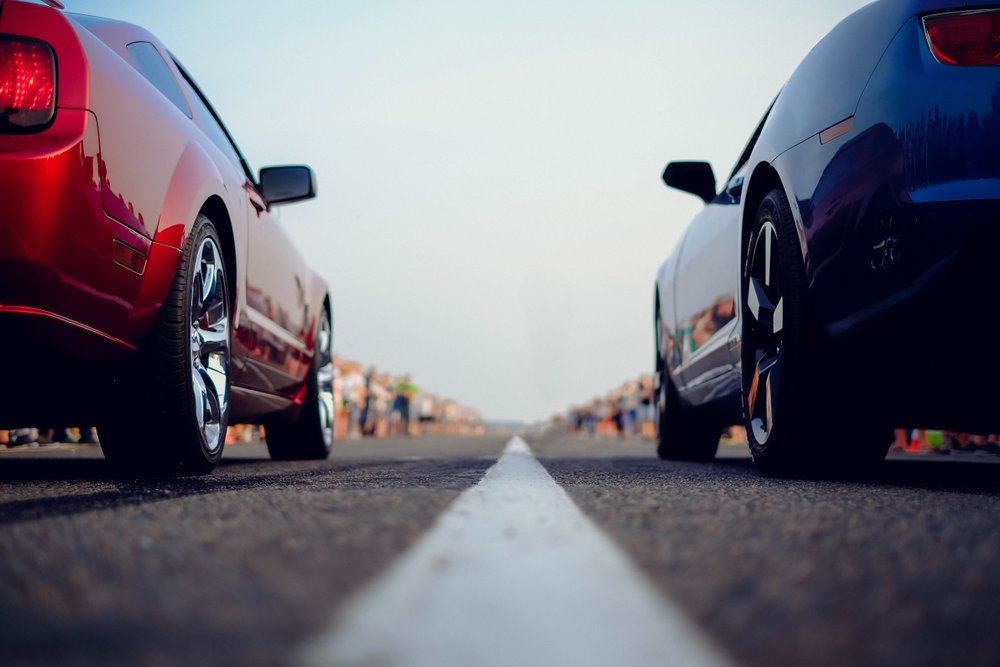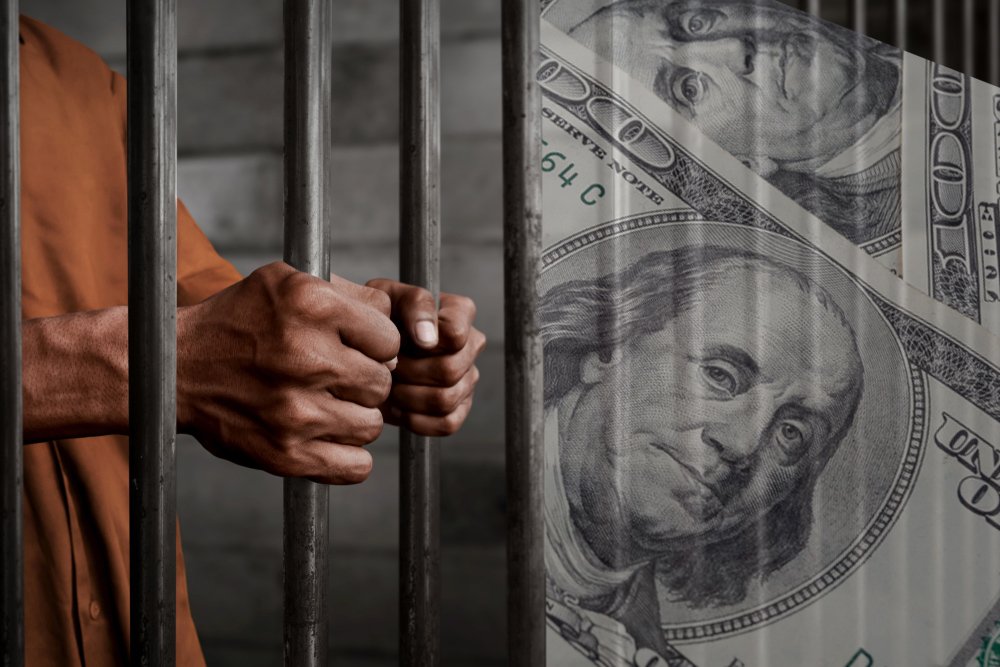ARS 28-708 is the Arizona statute that defines the crime of racing on highways. People commit this offense if they drive a motor vehicle on a street or highway while participating in a race, test of physical endurance, or an exhibition of speed. A violation of this law is a Class 1 misdemeanor punishable by up to six months in jail.
The language of ARS 28-708 states that: “A person shall not drive a vehicle or participate in any manner in a race, speed competition or contest, drag race or acceleration contest, test of physical endurance or exhibition of speed or acceleration or for the purpose of making a speed record on a street or highway.”
Examples
- racing a friend on an Arizona highway.
- trying to drive a car over a 10-mile stretch of road in under six minutes.
- drag racing with friends down a neighborhood street.
Defenses
Drivers can try to challenge a street racing charge with a legal defense. A few common defenses include accused people showing that they were:
- not engaged in a race,
- not aware of another driver, and/or
- acting out of necessity.
Penalties
A violation of ARS 28-708 is a Class 1 misdemeanor (as opposed to a Class 1 felony). The crime is punishable by:
- up to six months of jail time,
- a maximum fine of $2,500,
- a driver’s license suspension for up to 90 days, and/or
- community service.
In this article, our Phoenix Arizona criminal defense attorneys will discuss what the law is under this statute, defenses available if charged, the penalties for a conviction, and related crimes.

ARS 28-708 makes it illegal to race on highways in Arizona.
1. How does Arizona law define an exhibition of speed?
People in the State of Arizona commit the crime of racing on a highway when they drive a vehicle on a street or highway, and do so while participating in a:
- race,
- speed competition or contest,
- drag race or acceleration contest,
- test of physical endurance or exhibition of speed or acceleration, or
- race for the purpose of making a speed record.1
For purposes of this statute, “drag race” means either:
- the operation of two or more vehicles side by side at accelerating speeds in a competitive attempt to outdistance each other, or
- the operation of one or more vehicles over a common selected course for the purpose of comparing speeds or power of acceleration of the vehicles within a certain distance or time limit.2
Further, “racing” means the use of one or more vehicles in an attempt to outgain or outdistance another vehicle or prevent another vehicle from passing.
2. Are there defenses to charges under ARS 28-708?
Criminal defense lawyers draw upon several different legal strategies/disclaimers to challenge traffic violations/moving violations under this statute. Some of these include showing that defendants:
- were not racing.
- were not aware of another vehicle.
- acted out of necessity.
2.1 No race
A driver has to engage in some type of car race to violate this statute. This means a defendant can always use the facts of his/her case to show that there was no race. Note, though, that a driver may still face charges for speeding or for driving over the applicable speed limit.
2.2 Not aware of another vehicle
Police sometimes stop a driver for racing after observing the driver and another motorist weave in and out of traffic at high speeds. Observing the two motorists gives an assumption that a race is taking place. In these situations, a driver can deny the suggestion of a car race by showing that he/she was not aware of the other driver.
2.3 Necessity
Necessity is a defense that shows a person had to break the law because there was no other choice. With respect to racing on highways, a driver may assert that he had to “race” his/her car to get out of the way of an ambulance or to avoid some type of emergency.

A violation of this law can result in jail time and/or a fine.
3. What are the penalties?
A first conviction under this statute is a Class 1 misdemeanor.3 A first offense is punishable by:
- up to six months in jail, and/or
- a maximum fine of $2,500 (and any applicable surcharges).
Note that a judge can also:
- suspend the motorist’s driver’s license for up to 90 days,
- impose community restitution, and
- require the driver to complete traffic survivor school.4
A second offense under this statute, that is recorded within 24 months of the first offense, is punishable as a Class 6 felony.5
A Class 6 felony is punishable by up to two years in state prison. In addition, a judge may order the revocation of the defendant’s driving privileges.6
4. Are there related offenses?
There are three crimes related to racing on a highway. These are:
- reckless driving – ARS 28-693
- DUI – ARS 28-1381A1
- vehicular homicide – ARS 13-1103
4.1 Reckless driving – ARS 28-693
Per ARS 28-693, reckless driving is the crime where someone drives a motor vehicle with a reckless disregard for the safety of other people or property.
Note that if someone is racing a car down a crowded street, it is possible for police to cite the person with both:
- reckless driving, and
- racing on a highway.
4.2 DUI – ARS 28-1381A1
Under ARS 28-1381, DUI is the offense where people operate a motor vehicle either:
- while impaired by drugs or alcohol, or
- with a blood alcohol content (BAC) of 0.08% or higher.
Keep in mind that someone can be charged of DUI even without racing a car. In DUI cases, the focus is on someone operating a car while intoxicated. The attention is not on whether the person violated some other law while driving when drunk.
4.3 Vehicular manslaughter – ARS 13-1103
Per ARS 13-1103, vehicular manslaughter is the crime where a driver kills another person by driving recklessly.
A violation of this statute is a more severe crime than racing on a highway. Vehicular manslaughter is a Class 2 felony under Arizona law.
For additional help…

Contact us for help
For additional guidance or to discuss your case with a criminal defense lawyer, we invite you to contact our law firm at the Shouse Law Group. Our attorneys provide both free consultations and legal advice you can trust.
Legal References
- Arizona Revised Statutes 28-708A. See also State v. McMahon, 201 Ariz. 548 (2002).
- A.R.S. 28-708H1.
- ARS 28-708B.
- ARS 28-708C and F.
- ARS 28-708B.
- ARS 28-708F.
